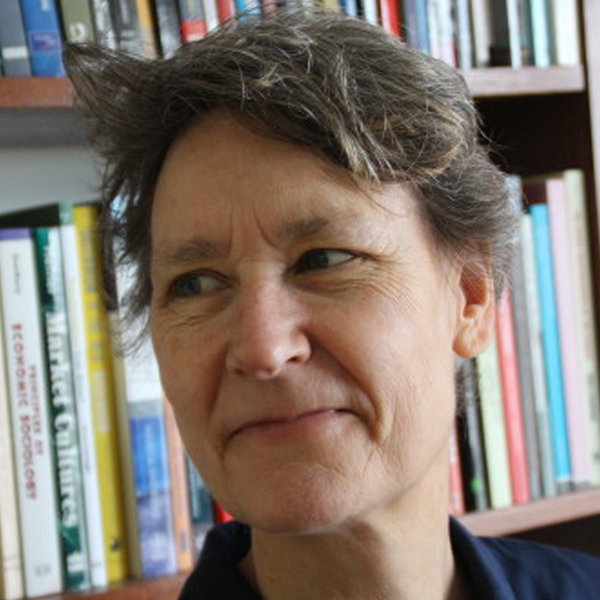There were several features that attracted me to join SBE and Maastricht University: the focus on grand challenges (spearheads), working towards social and societal impact, a drive to co-create knowledge with business and organisations, and the work that is underway in terms of diversifying academic careers (Recognition & Rewards). Leading a department that houses three really core subjects in the wider busines and management field poses an additional extraordinary motivation. Last, but definitely not least is Maastricht’s unique Problem Based Learning approach. Exploring how to best contribute to these exciting developments together with my new colleagues, is the greatest motivation.

